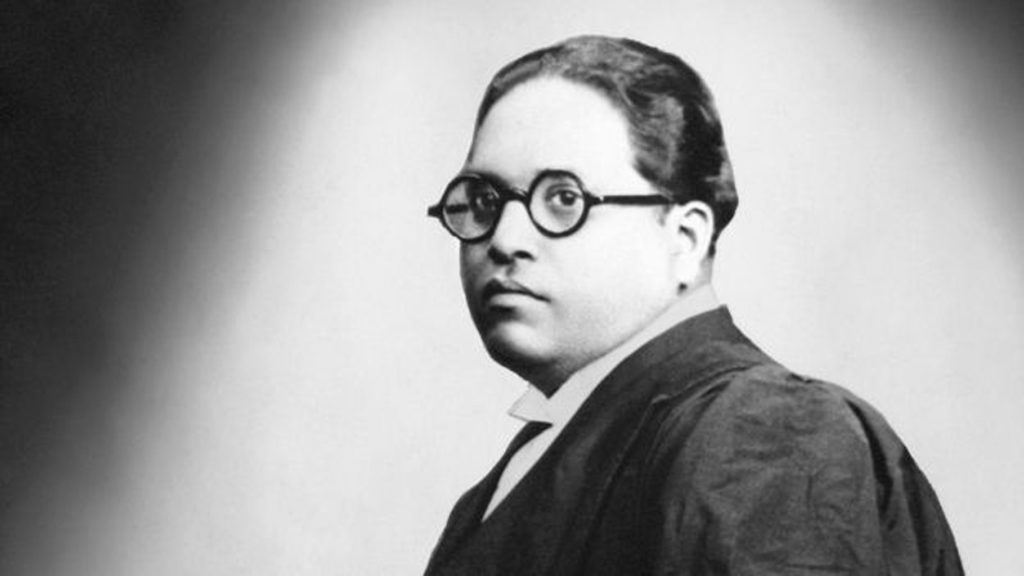
Ambedkar, Gandhi, and Patel – The Making of India’s Electoral System
Babasaheb Ambedkar’s name is synonyms with contemporary institutions that are parts of the democratic set up in India. Increasingly, Babasaheb Ambedkar’s name is invoked in every discussion on aspects of different institutions: be it a discussion on the Supreme Court, or Comptroller and Auditor General of India (CAG), or the most important institutions of democracy: the Parliaments. He left an impression of his clear and incisive thinking on various institutions of India.
His quest for new India as a democracy is reflected in the development of the institutions that we see around today. But in the democratic system that we have, the most important is an issue of representation and that ultimately leads to a discussion on the electoral system. What kind of a method is adopted by the Indian Republic to choose the representatives in the Parliament, therefore, becomes not only a political question, but deeply it becomes deeply a social and economic question as well?
For Babasaheb Ambedkar, the democracy as the method to bring a peaceful revolution was important for the emancipation of Indians who were treated lower by the system of graded inequality for over many centuries. For an erudite scholar of many disciplines, Babasaheb Ambedkar brought into play his thinking, his argumentative skills, and overall his commitment to making Indian society equal and just.
The book written by a serving bureaucrat, Raja Sekhar Vundru, and published by Bloomsbury throws much-needed the light on the evolution of India’s electoral system. It is a timely book as the weaknesses of India’s electoral system are clearly getting exposed in terms of making Indian democracy a representative democracy. Though there is a certain percentage of the seats allotted to the SCs and STs, their voice is not heard in the houses of assemblies and the parliaments. The first past the post system has also led to disproportionate representation that does not mirror the actual ballots cast for a particular political party.
The book is not only an analytical account of the development of the electoral system, but it is also a biographical and historical trajectory that Dr Vundru has plotted in the book. As such this book is unique in blending analytics with the biography and history of perhaps the most important struggle for liberation in the Indian subcontinent then and now.
Dr Vundru has taken painstaking efforts to exhume the sequences of events, many meetings, deliberations, and secret dealings that took place over the course of several decades. The narrative moves in a cinematic way to create many episodes and many meetings that took place during the course of history. The fascinating day to day account running up to the signing of the Poona Pact: the high drama that took place when Gandhi insisted on the fast unto death to oppose separate electorate that McDonald granted to India’s untouchables.
Through the comparative analysis of the thoughts and ideologies of Gandhi and Patel with the life and mission of Babasaheb Ambedkar, Dr. Vundru creates a space for understanding the struggle of liberation and true democratisation of India from many vantage point and in this book he brings out the “standpoint” of Gandhi and Patel on the overall issue of fighting the caste system and ending it.
The book is an important addition to the corpus of analytical works that seeks to solve the contemporary problems of India which are dogging India for so many centuries.
Author – Mangesh Dahiwale, Human Rights Activist


Always remember the day Brahmin will end reservation is the day all SC/ST will end Hinduism.
We will all be Buddhist and Christian and after that even US and Europe will support us.
And we will truly uproot and invert the entire caste system in India.
And I don’t think that day is far away,it will be coming in next 10 years.